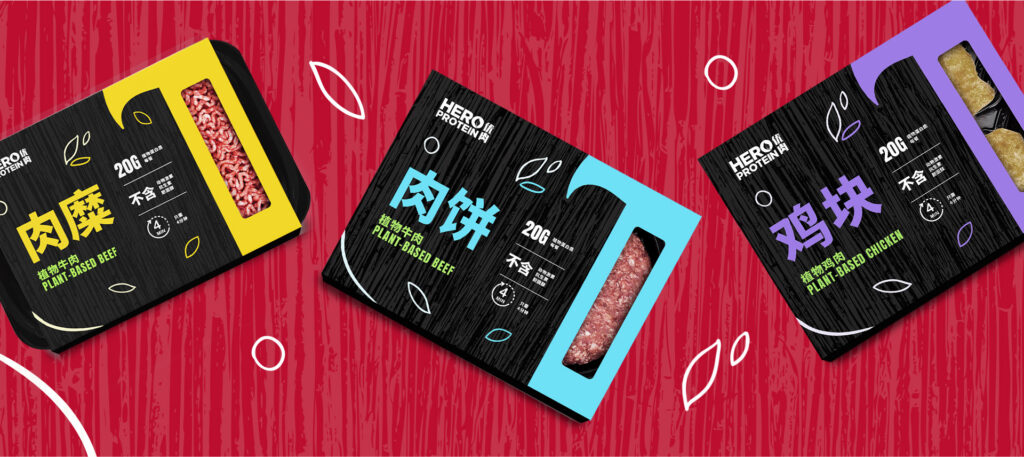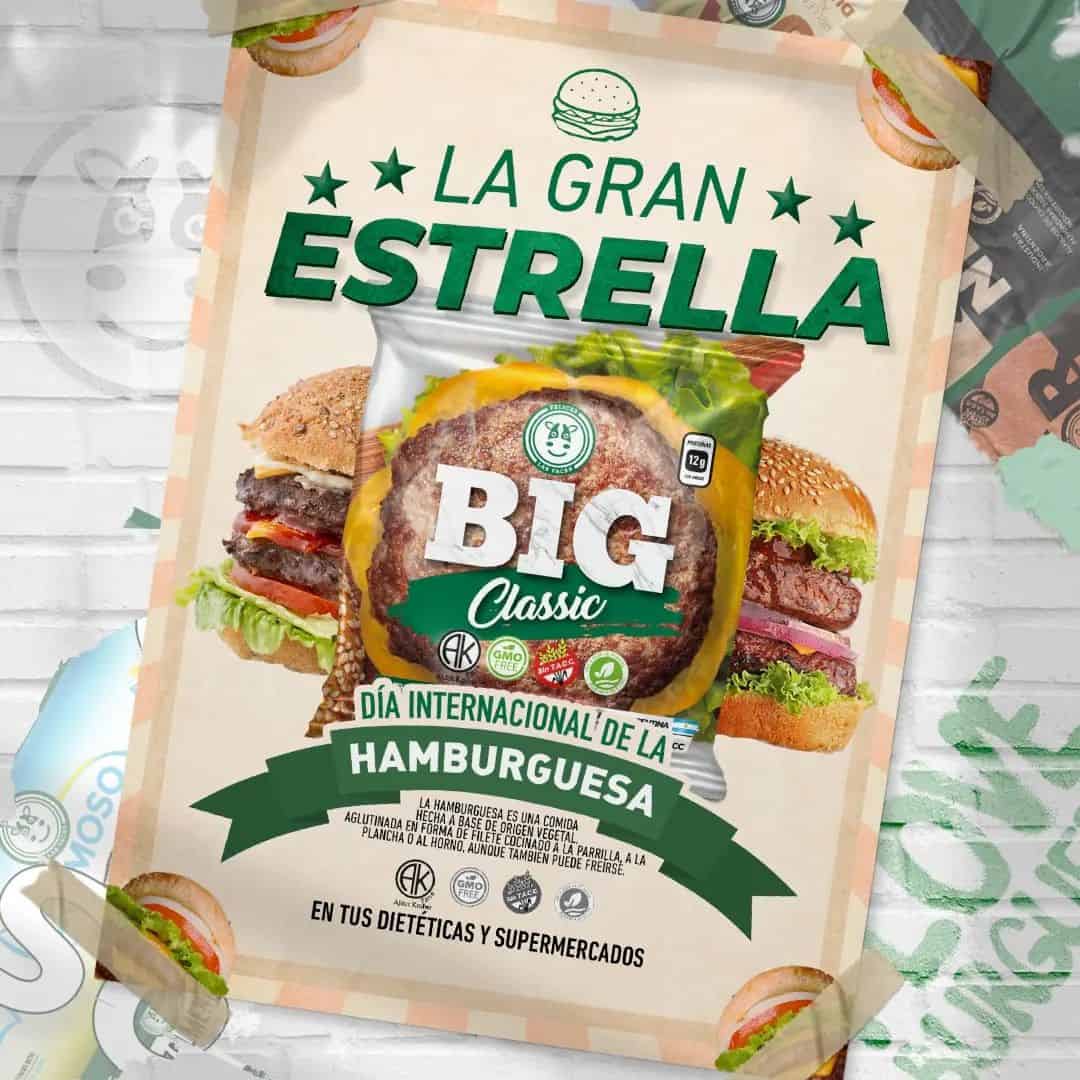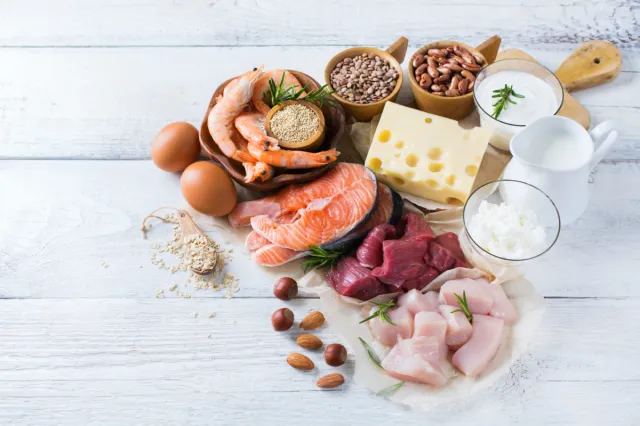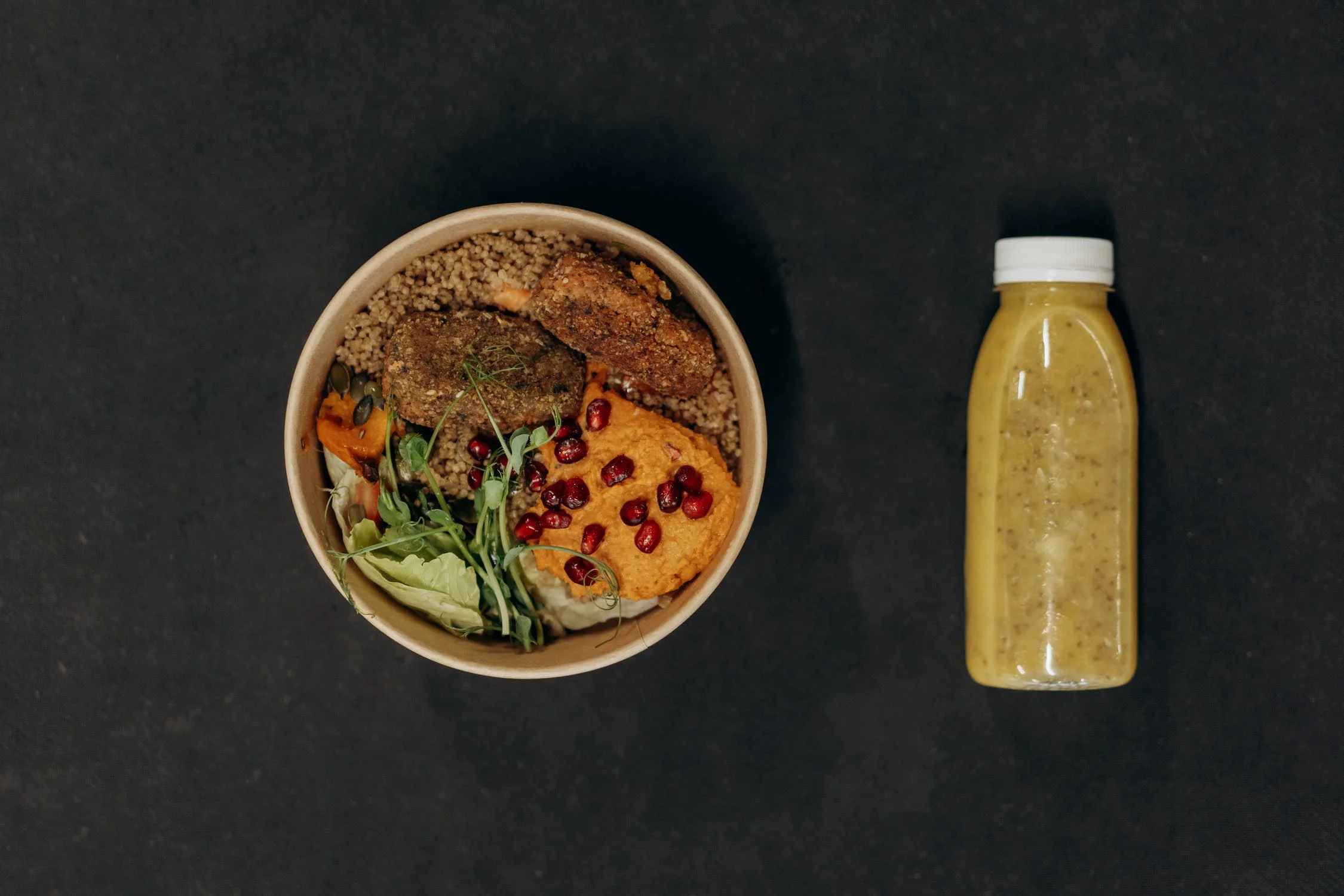Labeling standards
Companies looking to launch plant-based foods in China may be concerned about how to label their products appropriately. But what are the regulations, if any?
At present, animal-free products are not required to be labeled as such, though voluntary certifications are available from various industry associations. Meeting these standards can help to attract the growing number of Chinese consumers concerned about health and ethics.
For example, The China Biodiversity Conservation and Green Development Foundation published a set of guidelines called the China Vegan Food Standards earlier this year. They state that vegan food must only use plants as raw materials, with no animal ingredients used anywhere in the development or production process. It has been suggested that if China decides to bring in regulations for vegan food, these guidelines may be used as a framework.

Last year, the Chinese Institute of Food Science and Technology published its General Principles for Plant-Based Food, which divides plant-based products into five categories — alt-meats, alt-dairy products, egg alternatives, frozen drinks and condiments, and other foods. They state that no animal ingredients may be used in plant-based products, though microbial ingredients are acceptable in limited quantities.
Alt-protein regulations in Asia
While the alt-protein market is in its early stages in most Asian countries, the region generally appears to be taking a more progressive stance towards labeling than many Western nations. China’s General Principles for Plant-Based Food explicitly state that the names of animal products (such as “chicken” or “milk”) can be used on vegan food packaging, as long as terms such as “plant-based” are also used. This is in stark contrast to Europe, North America, and Australia, where the meat and dairy industries have heavily lobbied for restrictions on the terms that can be used by plant-based producers.

India recently introduced its first-ever regulations for vegan food, but rather than adding restrictions, they aim mostly to ensure that products are truly animal-free. Additionally, South Korea’s recently released National Plan included guidance for alternative proteins for the first time ever, including a system outlining the safety and manufacturing processes of cultivated meat.
As Asia’s interest in alt-proteins soars, these regulations will likely become increasingly important in the coming years.








